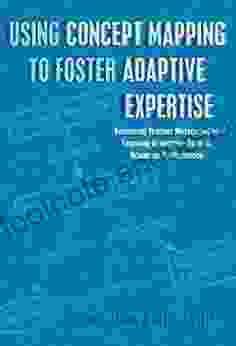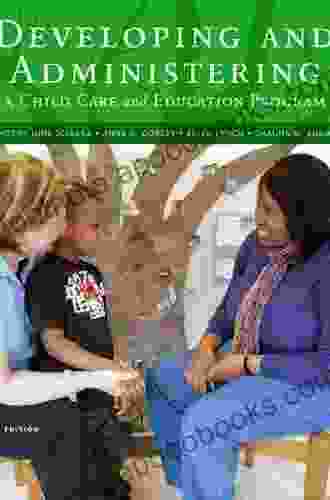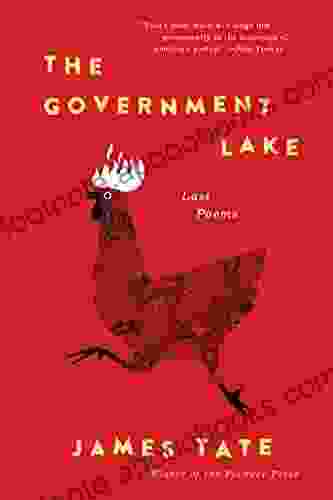Using Concept Mapping To Foster Adaptive Expertise

In today's rapidly evolving world, the ability to adapt and learn continuously is crucial for success. Adaptive expertise, the capacity to effectively navigate complex and changing environments, has become an essential skill for individuals and organizations alike. Concept mapping, a visual representation of interconnected ideas, has emerged as a powerful tool to foster adaptive expertise.
5 out of 5
| Language | : | English |
| File size | : | 18689 KB |
| Text-to-Speech | : | Enabled |
| Screen Reader | : | Supported |
| Enhanced typesetting | : | Enabled |
| Word Wise | : | Enabled |
| Print length | : | 274 pages |
This article explores the transformative power of concept mapping in enhancing critical thinking, problem-solving, and knowledge retention. We will delve into the latest research and provide practical insights to help you harness this innovative tool for your own professional development.
What is Concept Mapping?
Concept mapping is a graphical technique that visually organizes and connects concepts or ideas. It involves creating a network of nodes, representing concepts, connected by lines, indicating relationships between them. This visual representation allows learners to:
- Understand the hierarchical structure of knowledge
- Identify key concepts and their interconnections
- Explore multiple perspectives and relationships
- Facilitate retrieval and recall of information
Fostering Adaptive Expertise through Concept Mapping
Concept mapping plays a vital role in developing adaptive expertise by:
1. Enhancing Critical Thinking
By visually representing complex information, concept maps encourage learners to analyze, synthesize, and evaluate different perspectives. This process fosters critical thinking skills, enabling them to identify patterns, make inferences, and develop sound arguments.
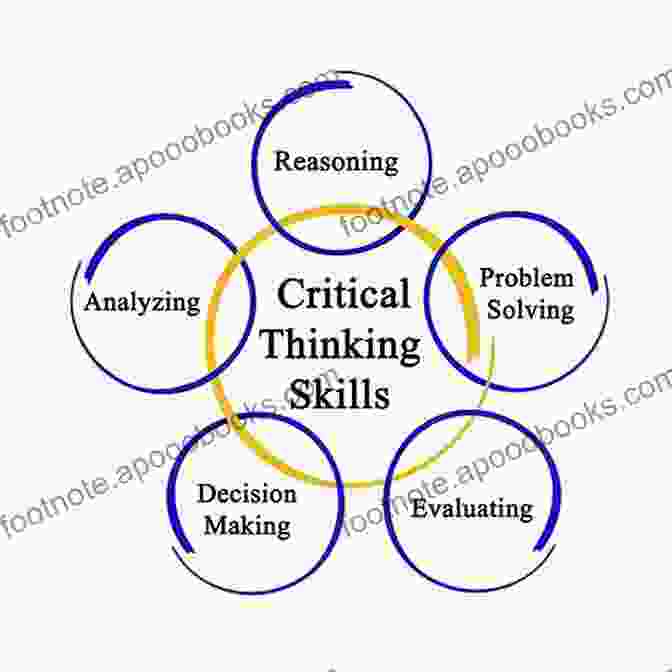
2. Promoting Problem-Solving
Concept mapping provides a structured framework for problem-solving. It allows learners to visualize the interconnectedness of factors, identify potential solutions, and evaluate their effectiveness. This visual representation promotes a holistic understanding of problems, leading to more innovative and resilient solutions.
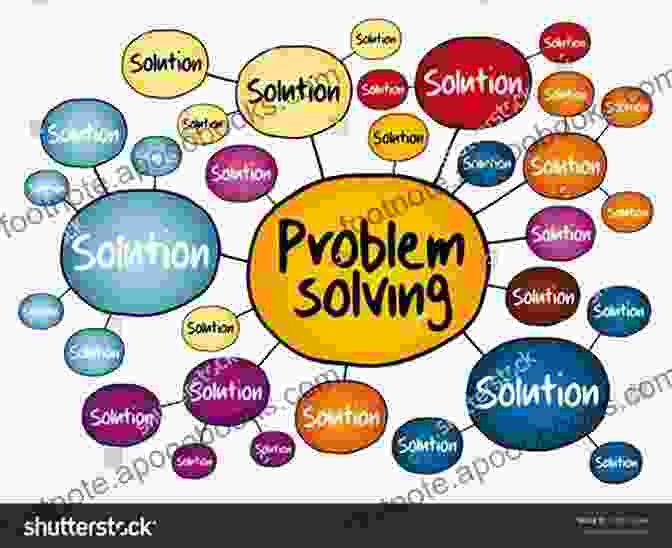
3. Facilitating Knowledge Retention
The visual nature of concept maps enhances memory and recall. By connecting concepts and creating a meaningful structure, learners can more easily retain information over time. This enhanced knowledge retention supports long-term learning and the development of deep expertise.
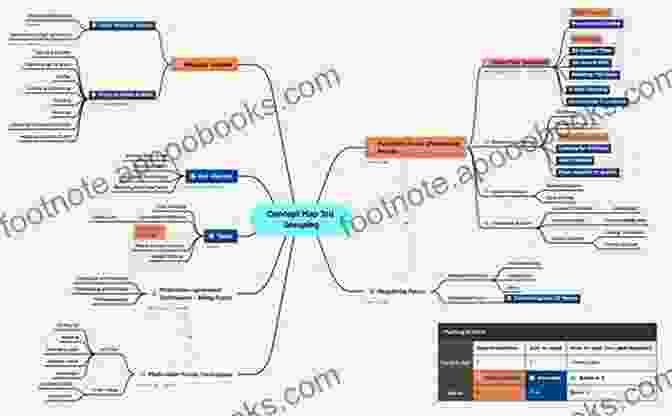
Applying Concept Mapping in Practice
To effectively utilize concept mapping, consider the following steps:
- Identify the Goal: Define the specific learning outcome or problem you aim to address.
- Brainstorm Concepts: Generate a comprehensive list of key concepts related to the topic.
- Organize Concepts: Arrange the concepts in a hierarchical structure, grouping related ideas together.
- Draw Connections: Connect the concepts using lines, indicating the relationships between them.
- Refine and Revise: Iterate on the concept map, adding or removing concepts as needed to enhance clarity and accuracy.
Concept mapping is a transformative tool that empowers learners to develop adaptive expertise. By enhancing critical thinking, promoting problem-solving, and facilitating knowledge retention, it provides a powerful framework for navigating complex and ever-changing environments.
Harnessing the power of concept mapping can unlock your full potential for success. Whether you are an educator, student, or professional, consider embracing this innovative technique to elevate your learning journey and cultivate the adaptive expertise necessary to thrive in today's dynamic world.
5 out of 5
| Language | : | English |
| File size | : | 18689 KB |
| Text-to-Speech | : | Enabled |
| Screen Reader | : | Supported |
| Enhanced typesetting | : | Enabled |
| Word Wise | : | Enabled |
| Print length | : | 274 pages |
Do you want to contribute by writing guest posts on this blog?
Please contact us and send us a resume of previous articles that you have written.
 Book
Book Novel
Novel Page
Page Chapter
Chapter Text
Text Story
Story Genre
Genre Reader
Reader Library
Library Paperback
Paperback E-book
E-book Magazine
Magazine Newspaper
Newspaper Paragraph
Paragraph Sentence
Sentence Bookmark
Bookmark Shelf
Shelf Glossary
Glossary Bibliography
Bibliography Foreword
Foreword Preface
Preface Synopsis
Synopsis Annotation
Annotation Footnote
Footnote Manuscript
Manuscript Scroll
Scroll Codex
Codex Tome
Tome Bestseller
Bestseller Classics
Classics Library card
Library card Narrative
Narrative Biography
Biography Autobiography
Autobiography Memoir
Memoir Reference
Reference Encyclopedia
Encyclopedia Pia Markkanen
Pia Markkanen Diana Patricia Pinto
Diana Patricia Pinto Cathy Smith
Cathy Smith J M Coetzee
J M Coetzee Carrie Merrell
Carrie Merrell Rivita Goyle
Rivita Goyle Casting Crowns
Casting Crowns Chad Johnson
Chad Johnson Charles Perrault
Charles Perrault Charles Marowitz
Charles Marowitz Pat Speth
Pat Speth Mark Pendergrast
Mark Pendergrast Joshua Page
Joshua Page Mingjie Cai
Mingjie Cai Cb Samet
Cb Samet Renato Portugal
Renato Portugal Charles Dunn
Charles Dunn Terry M Wildman
Terry M Wildman Megan Montero
Megan Montero Caroline Huey
Caroline Huey
Light bulbAdvertise smarter! Our strategic ad space ensures maximum exposure. Reserve your spot today!
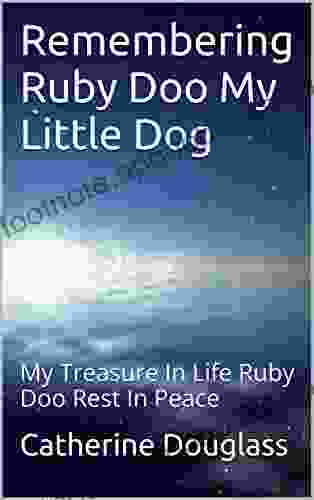
 Gerald ParkerRemembering Ruby Doo: A Story of Love, Loss, and the Unbreakable Bond Between...
Gerald ParkerRemembering Ruby Doo: A Story of Love, Loss, and the Unbreakable Bond Between... Morris CarterFollow ·17.9k
Morris CarterFollow ·17.9k Derrick HughesFollow ·17.3k
Derrick HughesFollow ·17.3k Ronald SimmonsFollow ·5.1k
Ronald SimmonsFollow ·5.1k Brandon CoxFollow ·8k
Brandon CoxFollow ·8k Denzel HayesFollow ·12.5k
Denzel HayesFollow ·12.5k Wayne CarterFollow ·12.3k
Wayne CarterFollow ·12.3k Gerald ParkerFollow ·18.1k
Gerald ParkerFollow ·18.1k Evan HayesFollow ·10.6k
Evan HayesFollow ·10.6k
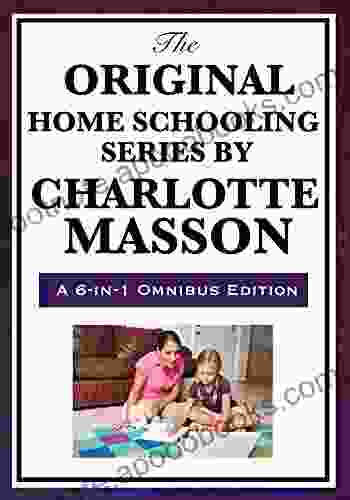
 Angelo Ward
Angelo WardThe Original Home School: A Journey of Love, Learning,...
In the annals of...

 Heath Powell
Heath PowellAfrican American Education in Slavery and Freedom: The...
The history of African...
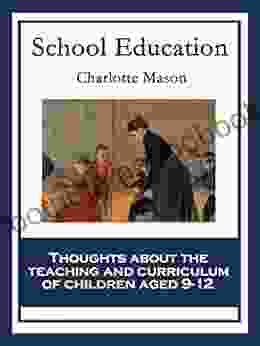
 Jamal Blair
Jamal BlairEmbrace the Wonder and Simplicity of Charlotte Mason...
Discover the...

 Cason Cox
Cason CoxUnveiling the Truth: A Mother's Courageous Journey to...
A Mother's Love Unbound: The Power of...

 Jamal Blair
Jamal BlairOver 100 Original Aussie Bush Ballads: A Journey Through...
Embark on a literary odyssey into the...
5 out of 5
| Language | : | English |
| File size | : | 18689 KB |
| Text-to-Speech | : | Enabled |
| Screen Reader | : | Supported |
| Enhanced typesetting | : | Enabled |
| Word Wise | : | Enabled |
| Print length | : | 274 pages |


